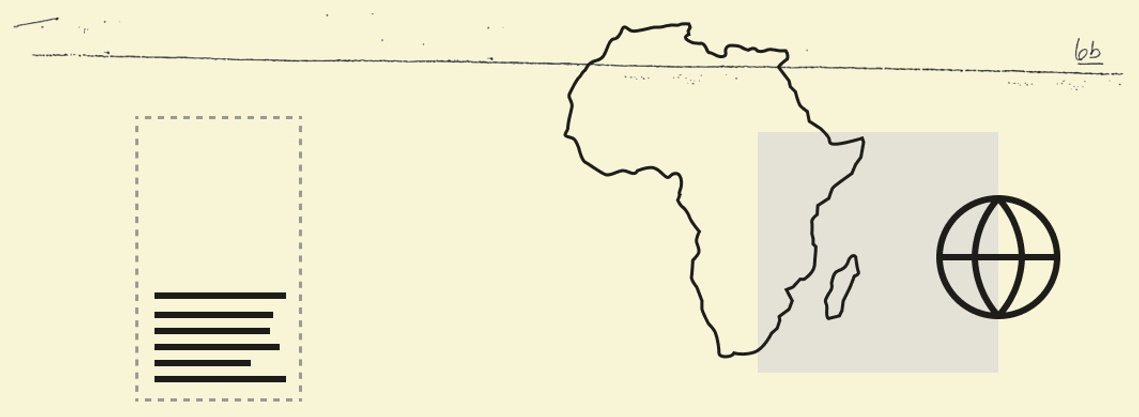 Tech 500 Global 500 Global🇸🇳 US investor 500 Global elevated Mareme Dieng to be a partner overseeing Africa operations. The firm has invested in more than 100 companies in Africa and Senegal-born Diop becomes its youngest partner at 27. She hopes to guide startups to replicate successes from emerging markets. “It is crucial for us to learn and look through a lot of the successful models today from Southeast Asia, Latin America and MENA,” she told Semafor Africa. 🌍 Emerging Africa and Asia Infrastructure Fund, a private investor, invested $28 million in Africa-focused telecoms provider Africell and acted as an impact investor in the telco’s issuance of a $300 million bond, aimed at increasing the supply of mobile and data connectivity for its 14 million subscribers. Deals  Reuters/Siphiwe Sibeko Reuters/Siphiwe Sibeko🇿🇦 South African retailer Pick n Pay on Monday said it expects to raise about $452 million on listing Boxer — the country’s fastest growing discount grocery chain — through an initial public offering. It would be the largest African IPO this year. The company also said it will exit Nigeria by selling its 51% share of a joint venture after less than five years in joint venture with A.G. Leventis. 🇿🇦 South African bank Absa secured a $150 million facility from British International Investment to finance trade transactions by small and midsize enterprises founded by youth and women doing intra-African and global trade. 🇲🇦 Orange Maroc, a telecoms company, and Moroccan e-commerce startup Chari entered a partnership to offer payment solutions to the country’s neighborhood retailers. Geopolitics  Ghana Presidency Ghana Presidency🇬🇭 Ghana’s foreign minister Shirley Ayorkor Botchwey was appointed as the incoming secretary-general of the Commonwealth at this year’s summit. Botchwey has supported calls for reparations for transatlantic slavery and colonialism. 🌍 Turkey’s foreign minister will meet representatives from 14 African countries — including Mauritania, Angola, and Ghana — in Djibouti during a Turkey-Africa ministerial meeting, which is set for Nov. 2-3. Earnings🇳🇬 Nigeria’s largest company by market value, Dangote Cement, reported 279.1 billion naira ($169.8 million) in profit after tax for the first nine months of the year in its unaudited accounts, issued on Friday. Energy🇿🇦 South Africa is in talks with its international partners for loan guarantees in the $9.3 billion Just Energy Transition Partnership program that will help the country reduce its reliance on coal and cut carbon emissions. 🇰🇪 A Kenyan court suspended a $736 million deal for India’s Adani Energy Solutions to build and operate power infrastructure including transmission lines. Economy🇿🇼 Zimbabwe’s monthly inflation rate shot up to 37.2%, from 5.8% a month earlier, after the devaluation of its gold-backed currency, Zimbabwe Gold, which was introduced in early April. The ZiG was devalued by 43% on Sept. 27. Elections🇧🇼 Over 1 million people in Botswana are expected to cast votes in the general election on Oct. 30. President Mokgweetsi Masisi, seeking a second five-year term, is running against the Umbrella for Democratic Change’s Duma Boko, Dumelang Saleshando of the Botswana Congress Party, and Mephato Reatile of the Botswana Patriotic Front. |